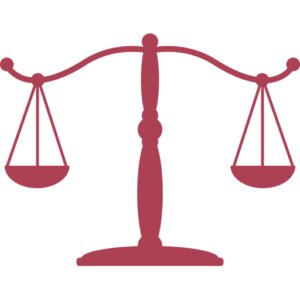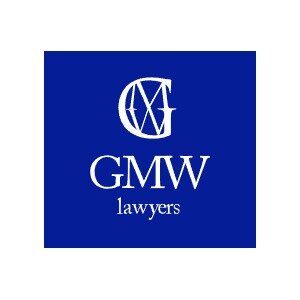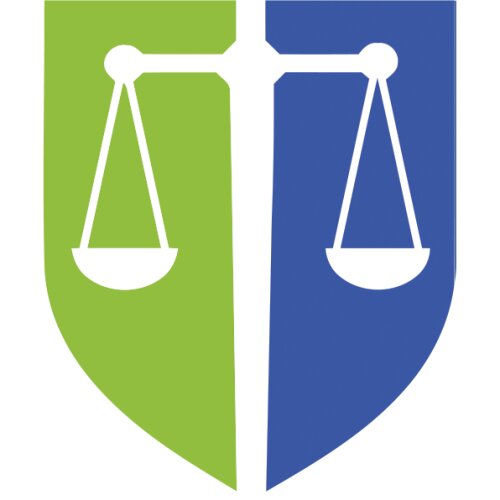Best Foreclosure Lawyers in Netherlands
Share your needs with us, get contacted by law firms.
Free. Takes 2 min.
Free Guide to Hiring a Real Estate Lawyer
Or refine your search by selecting a city:
List of the best lawyers in Netherlands
About Foreclosure Law in Netherlands
Foreclosure in the Netherlands involves the legal process by which a lender attempts to recover the balance of a loan from a borrower who has stopped making payments. This process typically results in the sale of the asset used as collateral, usually a home or property, to satisfy the remaining debt. The Dutch foreclosure process is primarily governed by regulations in the Dutch Civil Code and focuses on ensuring that the rights of both creditors and debtors are managed fairly. Typically, foreclosures in the Netherlands are judicial, meaning they require court involvement.
Why You May Need a Lawyer
There are several situations where individuals might necessitate legal assistance in a foreclosure matter in the Netherlands:
- Notification of Default: Once you receive a notice from the lender indicating a default, it is critical to understand the implications and possible defenses, which a lawyer can help clarify.
- Negotiations: If you are in financial trouble, legal experts can assist in negotiating with lenders for better terms or extensions.
- Court Proceedings: As foreclosure often involves legal proceedings, professional representation can improve outcomes by ensuring compliance with legal requirements and asserting defenses.
- Disputes and Errors: There may be instances of misunderstanding or miscommunication regarding mortgage payments or amounts owed, where legal assistance can resolve these disputes.
- Sale Process: Understanding the intricacies of the foreclosure sale process, including your rights as a borrower, requires expert knowledge that a lawyer can provide.
Local Laws Overview
The foreclosure process in the Netherlands is primarily governed by rules set out in the Dutch Civil Code. Some key aspects include:
- Judicial Requirement: Foreclosures generally require a judicial procedure, ensuring both parties have opportunities to present their cases.
- Notice Periods: Lenders are expected to provide borrowers with adequate notice before initiating foreclosure actions.
- Consumer Protections: Measures exist to protect consumers from unfair banking practices, ensuring transparency and fair treatment.
- Auction Process: Property must typically be sold at a public auction, although possibilities for private sales can exist under agreed terms.
- Payment Prioritization: Proceeds from the sale are used first to clear outstanding mortgages and debts secured by the property.
Frequently Asked Questions
1. What is the typical duration of a foreclosure process in the Netherlands?
The process can take several months, depending on court availability and the complexity of the case.
2. Can foreclosure be avoided?
Yes, through negotiations, refinancing, or selling the property before the foreclosure is finalized, it is possible to avoid foreclosure.
3. Are there specific defenses against foreclosure?
Defenses may include procedural errors, contract disputes, or evidence of lender misconduct.
4. What happens to tenants living in a foreclosed property?
Tenants often have rights to remain in the property for the duration of their lease, subject to certain conditions and exceptions.
5. Can the borrower participate in the auction?
Generally, borrowers can participate in the auction as buyers, though practical and financial constraints might affect this option.
6. What is the role of the mediator in foreclosure?
A mediator can facilitate discussions between borrowers and lenders to reach amicable solutions outside of court.
7. Are there protections for first-time homebuyers facing foreclosure?
Various consumer protection laws exist that may offer additional support or options for first-time buyers in financial distress.
8. What taxes are applicable during a foreclosure sale?
The sale may attract certain taxes like property transfer tax, depending on how ownership changes, and should be considered.
9. How are remaining debts handled post-foreclosure?
Any deficit remaining after the auction can become unsecured debt, for which the borrower may still be liable.
10. Is it possible to reverse a foreclosure?
In certain instances, through legal appeal or refinancing agreements, it may be possible to reverse or redeem a foreclosure.
Additional Resources
For those seeking further assistance, consider these resources:
- Legal Aid Board (Counseling and Mediation): Offers support for those unable to afford private legal services.
- Dutch Banking Association: Provides information on banking practices and can mediate between customers and banks.
- Government Websites: For information regarding legal rights and consumer protection, consult official government websites.
- Consumer Organizations: Such as the Dutch Consumers’ Association, which can offer advice and advocacy.
Next Steps
If you require legal assistance with a foreclosure, consider the following steps:
- Initial Consultation: Reach out to a legal professional for an initial assessment of your situation.
- Gather Documentation: Collect relevant documents, including notices, mortgage agreements, payment records, etc.
- Explore Options: Discuss possibilities such as renegotiation, mediation, or legal defenses with your lawyer.
- Prepare for Proceedings: If foreclosure is unavoidable, work with your lawyer to prepare for court proceedings.
- Consider Mediation: Engage in mediation services if recommended by your legal counsel.
Legal advice tailored to individual circumstances is crucial in navigating foreclosure, and taking timely action can impact the outcome significantly.
Lawzana helps you find the best lawyers and law firms in Netherlands through a curated and pre-screened list of qualified legal professionals. Our platform offers rankings and detailed profiles of attorneys and law firms, allowing you to compare based on practice areas, including Foreclosure, experience, and client feedback.
Each profile includes a description of the firm's areas of practice, client reviews, team members and partners, year of establishment, spoken languages, office locations, contact information, social media presence, and any published articles or resources. Most firms on our platform speak English and are experienced in both local and international legal matters.
Get a quote from top-rated law firms in Netherlands — quickly, securely, and without unnecessary hassle.
Disclaimer:
The information provided on this page is for general informational purposes only and does not constitute legal advice. While we strive to ensure the accuracy and relevance of the content, legal information may change over time, and interpretations of the law can vary. You should always consult with a qualified legal professional for advice specific to your situation.
We disclaim all liability for actions taken or not taken based on the content of this page. If you believe any information is incorrect or outdated, please contact us, and we will review and update it where appropriate.
Browse foreclosure law firms by city in Netherlands
Refine your search by selecting a city.
















